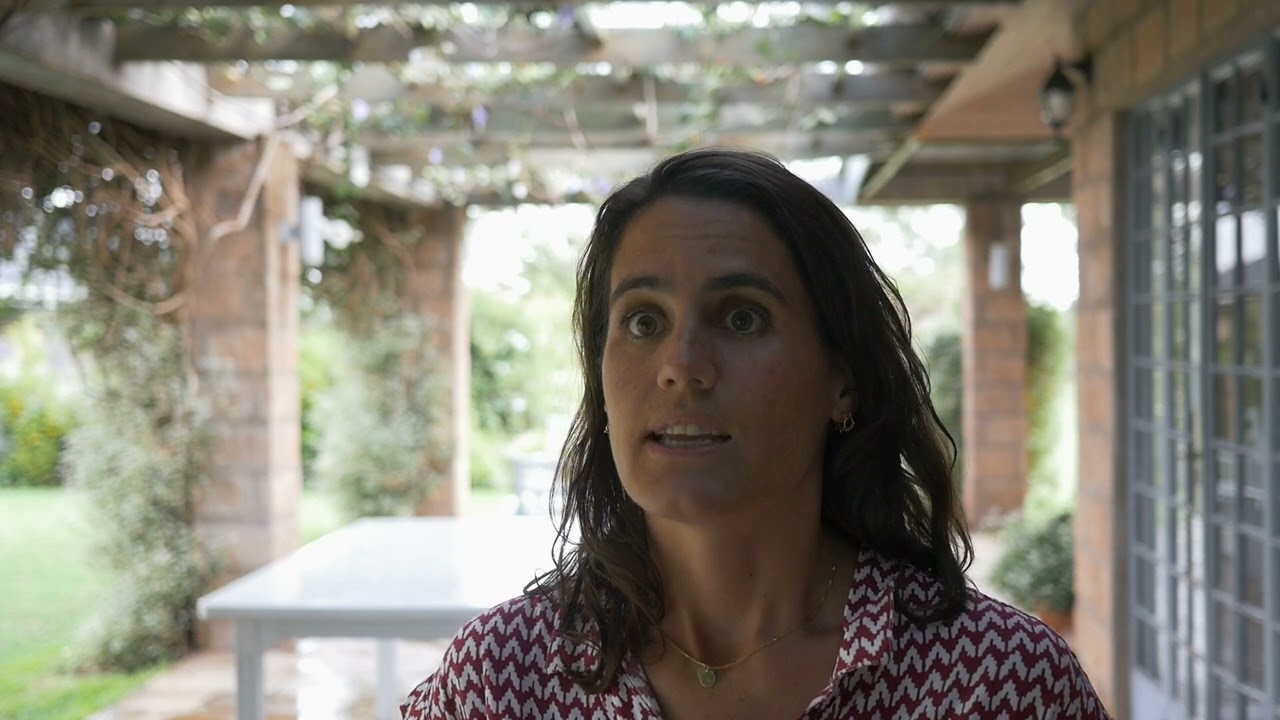Introduction
Blockchain technology has the potential to revolutionize the concept of financial inclusion, offering individuals and businesses access to finance without the traditional barriers imposed by banks. This tutorial explores the impact of blockchain technology on financial inclusion, particularly focusing on its application in Nanyuki, Kenya. By leveraging blockchain, smallholder farmers in Nanyuki can obtain the necessary funds at critical times, allowing them to grow their businesses and overcome challenges associated with credit scores and land titles.
Understanding Financial Inclusion
Financial inclusion refers to the accessibility and availability of financial services to all individuals and businesses, regardless of their economic status. Traditionally, banks have been the primary gatekeepers of financial services, often requiring strict credit scores and collateral, such as land titles, to provide loans. This approach poses significant challenges for smallholder farmers who lack access to such requirements.
The Role of Blockchain Technology
Blockchain technology offers an innovative solution to the obstacles faced by smallholder farmers in accessing finance. By using blockchain, financial transactions can be recorded, verified, and executed securely and transparently, without the need for intermediaries like banks. This decentralization and transparency open up new avenues for financial inclusion.
Empowering Smallholder Farmers in Nanyuki
In Nanyuki, Kenya, blockchain technology has made a significant impact on the lives of smallholder farmers. By bypassing the traditional banking system, blockchain-based platforms connect lenders directly with farmers, enabling them to access funds quickly and efficiently. This direct connection removes the need for credit scores and land titles, which previously limited farmers’ access to finance.
Overcoming Barriers to Growth
By utilizing blockchain technology, smallholder farmers in Nanyuki can overcome the barriers that hindered their business growth in the past. They no longer need to navigate the time-consuming and often unfair process of obtaining credit scores or providing land titles. Instead, they can access the necessary funds precisely when they need them, allowing them to seize business opportunities, invest in equipment and supplies, and expand their operations.
A Turning Point for Financial Inclusion
The application of blockchain technology in financial inclusion represents a turning point for smallholder farmers in Nanyuki and beyond. It provides them with a level playing field, ensuring equal opportunities for economic growth and development. Through blockchain, farmers can access funds, grow their businesses, and contribute to the local economy without being hindered by the traditional banking system.
Conclusion
Blockchain technology has the potential to revolutionize financial inclusion by eliminating the traditional barriers imposed by banks. In Nanyuki, Kenya, smallholder farmers can leverage blockchain to access funds without the need for credit scores or land titles, enabling them to overcome obstacles and drive business growth. The adoption of blockchain technology represents a turning point for financial inclusion, empowering individuals and businesses to thrive and contribute to the local economy.
